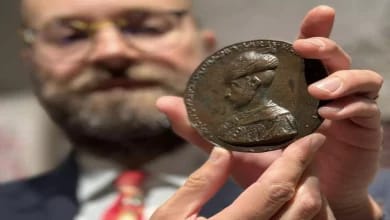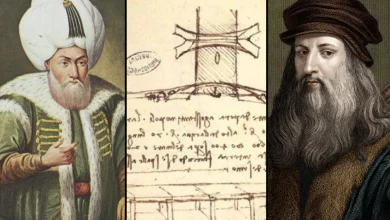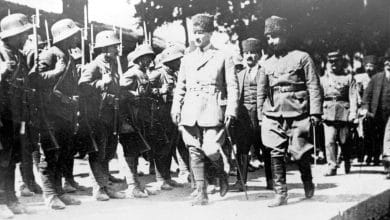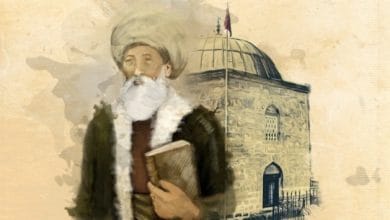Mustafa Kemal Atatürk: The Visionary Founder of the Republic of Türkiye
A journey through the life and legacy of Mustafa Kemal Atatürk, the revered founder of modern Türkiye.
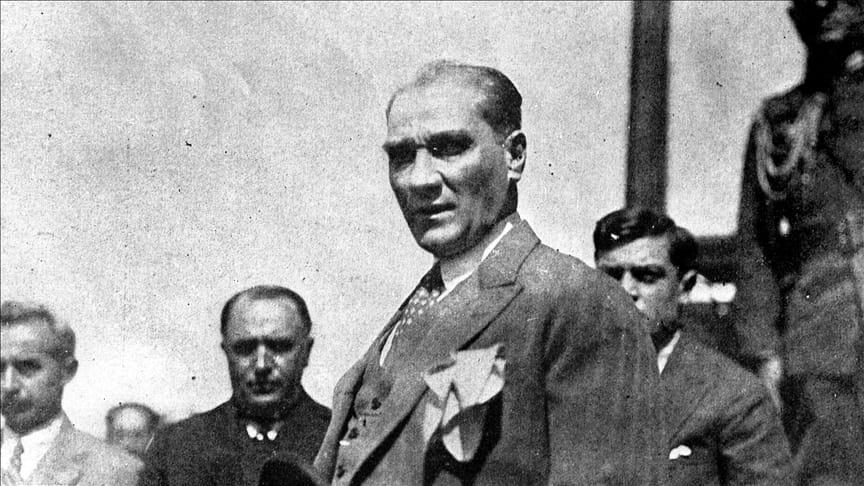
Mustafa Kemal Atatürk: A Visionary Leader
Mustafa Kemal Atatürk, the founder of the Republic of Türkiye, is remembered as a visionary leader who transformed a nation. Born in 1881 in Thessaloniki, then part of the Ottoman Empire, to Ali Riza Efendi and Zubeyde Hanim. Atatürk’s early life was marked by hardship, losing his father at a young age. Despite these challenges, Atatürk’s determination shaped his path to becoming one of the most influential figures in Turkish history.
Military Beginnings and Early Education
In 1893, Atatürk began his military education in Thessaloniki, where he also learned French, a language that would later assist him in diplomatic affairs. His pursuit of military excellence continued at the Military School of Istanbul, from which he graduated as a lieutenant in 1902. His remarkable skills on the battlefield quickly saw him rise through the ranks to become a staff captain by 1905. Atatürk’s early career included significant campaigns such as leading Ottoman forces against Italian forces in Tripoli in 1911 and participating in the Balkan Wars in 1912. During these campaigns. Atatürk showcased his strategic acumen and leadership, making a name for himself as a capable military officer.
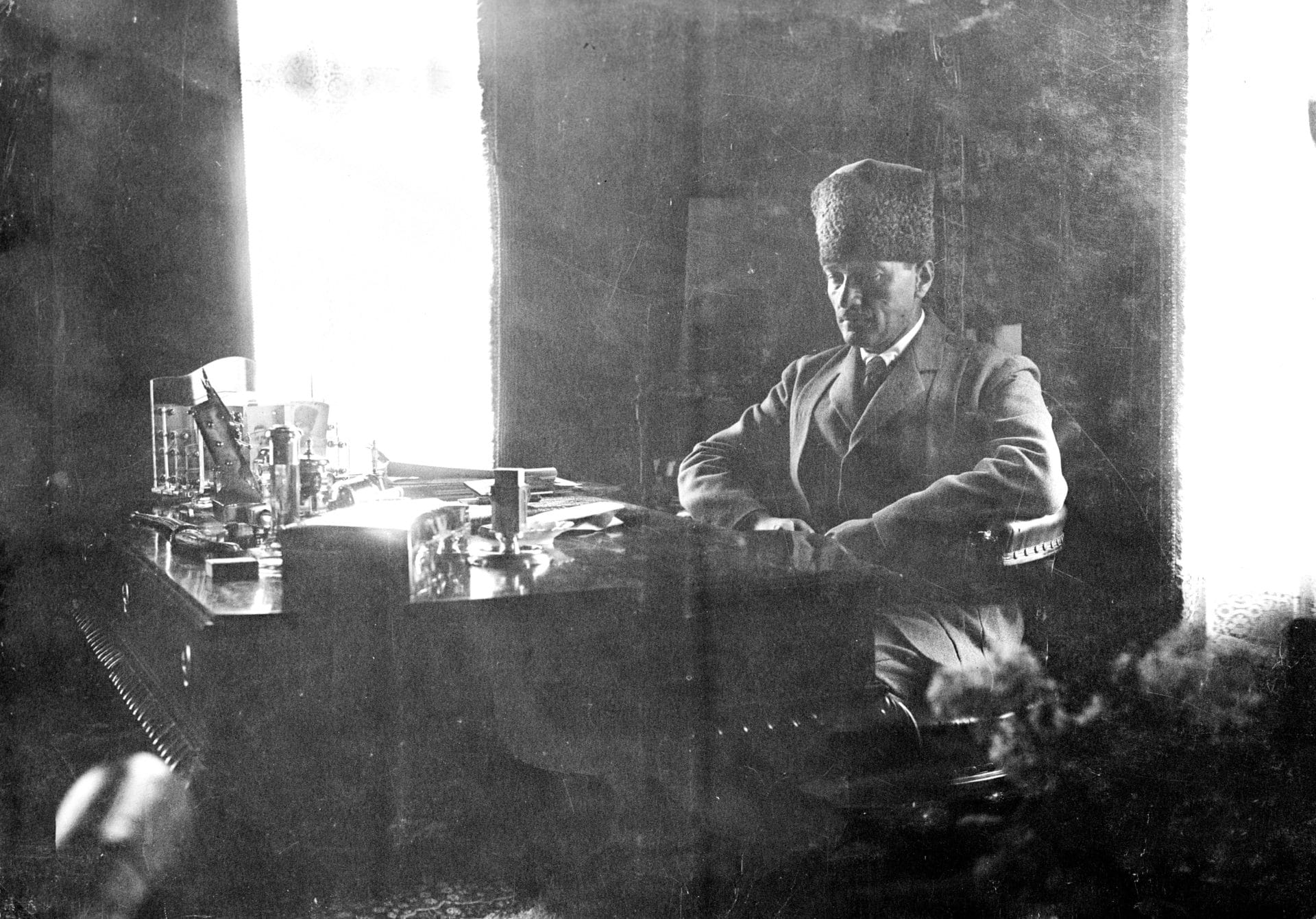
Success at Gallipoli
The true turning point in Atatürk’s military career came during World War I. At the outbreak of the war in 1914, he was serving as a military attaché in Sofia. With the Dardanelles campaign beginning. Atatürk requested to leave his post to join the battlefield. He led his forces to a significant victory against the Allied forces in the Gallipoli campaign. Which began in 1915. His inspiring order to his soldiers, “I don’t order you to attack, I order you to die!” reflected his commitment to the nation’s cause and still echoes in the hearts of the Turkish people. At Gallipoli, Atatürk’s tactical genius saved the Ottoman Empire from a massive Allied invasion, and his name became forever associated with Turkish courage and resilience.
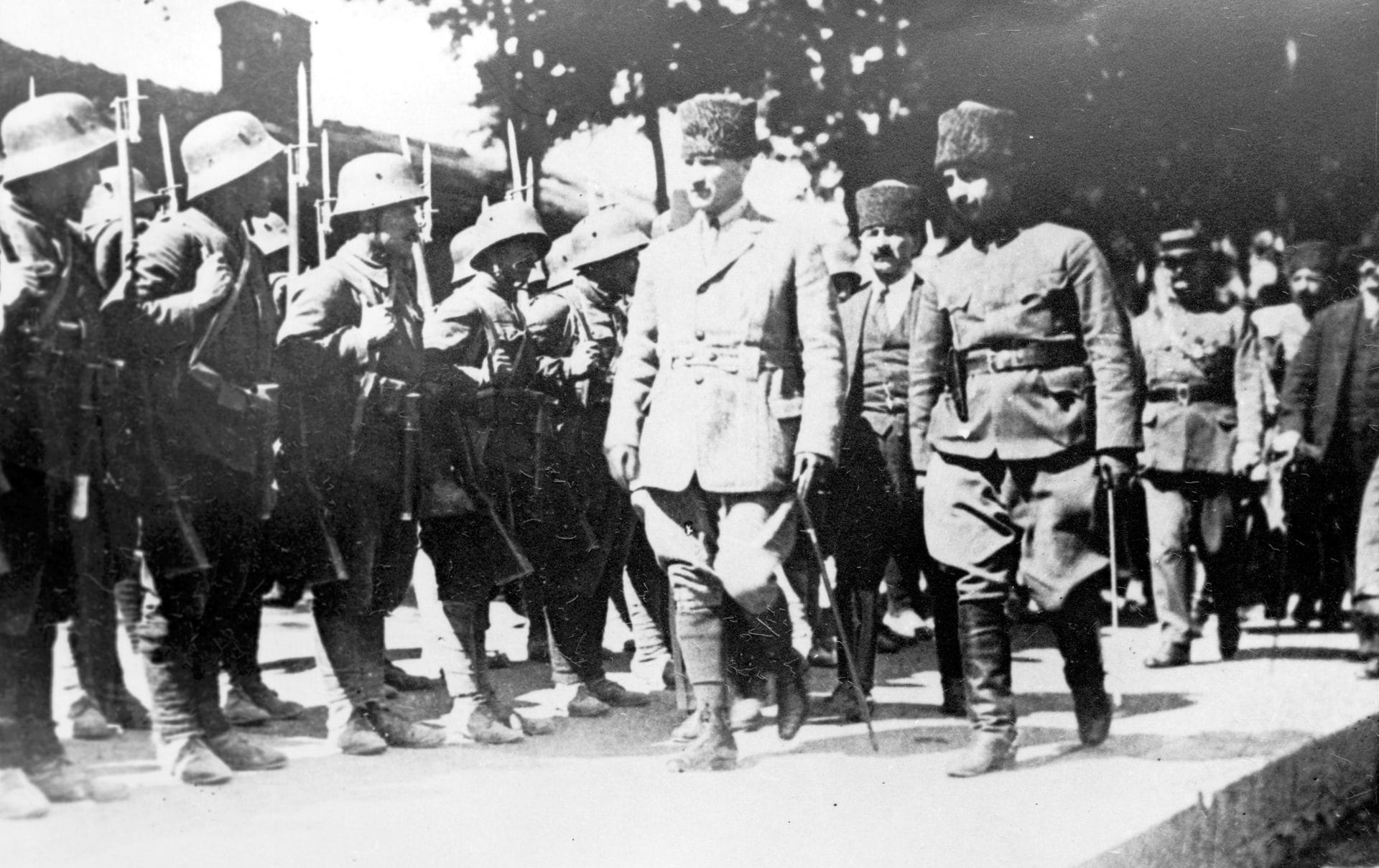
Path to Turkish Independence
After the Allied occupation of Istanbul in 1919, Atatürk embarked on a journey that would transform not only his life but also the future of the Turkish nation. Sent to Samsun as the inspector of the 9th army, Atatürk declared that the liberation of Türkiye could only come through the will and determination of its people. He organized two crucial congresses in Erzurum and Sivas, laying down the framework for resistance and unification against the occupying forces. On April 23, 1920, the Grand National Assembly of Türkiye was established with Atatürk at its head. This marked the beginning of a legitimate government to lead the struggle for independence. The Turkish army, under Atatürk’s leadership, fought valiantly in key battles—such as the first and second Battles of Inönü, the Battle of Sakarya, and the Great Offensive—securing victory over occupying forces and paving the way for a sovereign Türkiye.
The Birth of the Republic of Türkiye
After years of struggle, the Treaty of Lausanne was signed on July 24, 1923, officially recognizing the independence of the new Turkish state. On October 29, 1923, Atatürk declared the foundation of the Republic of Türkiye, with Ankara as its capital, and was elected as the country’s first president. His presidency marked a period of profound transformation for the country. Atatürk spearheaded a series of political, cultural, and economic reforms designed to modernize the nation and create a secular republic. These reforms included the adoption of a new civil code, the introduction of Latin-based Turkish script, and the establishment of a secular education system. Atatürk’s leadership style and commitment to progress solidified his place as the father of the modern Turkish state.
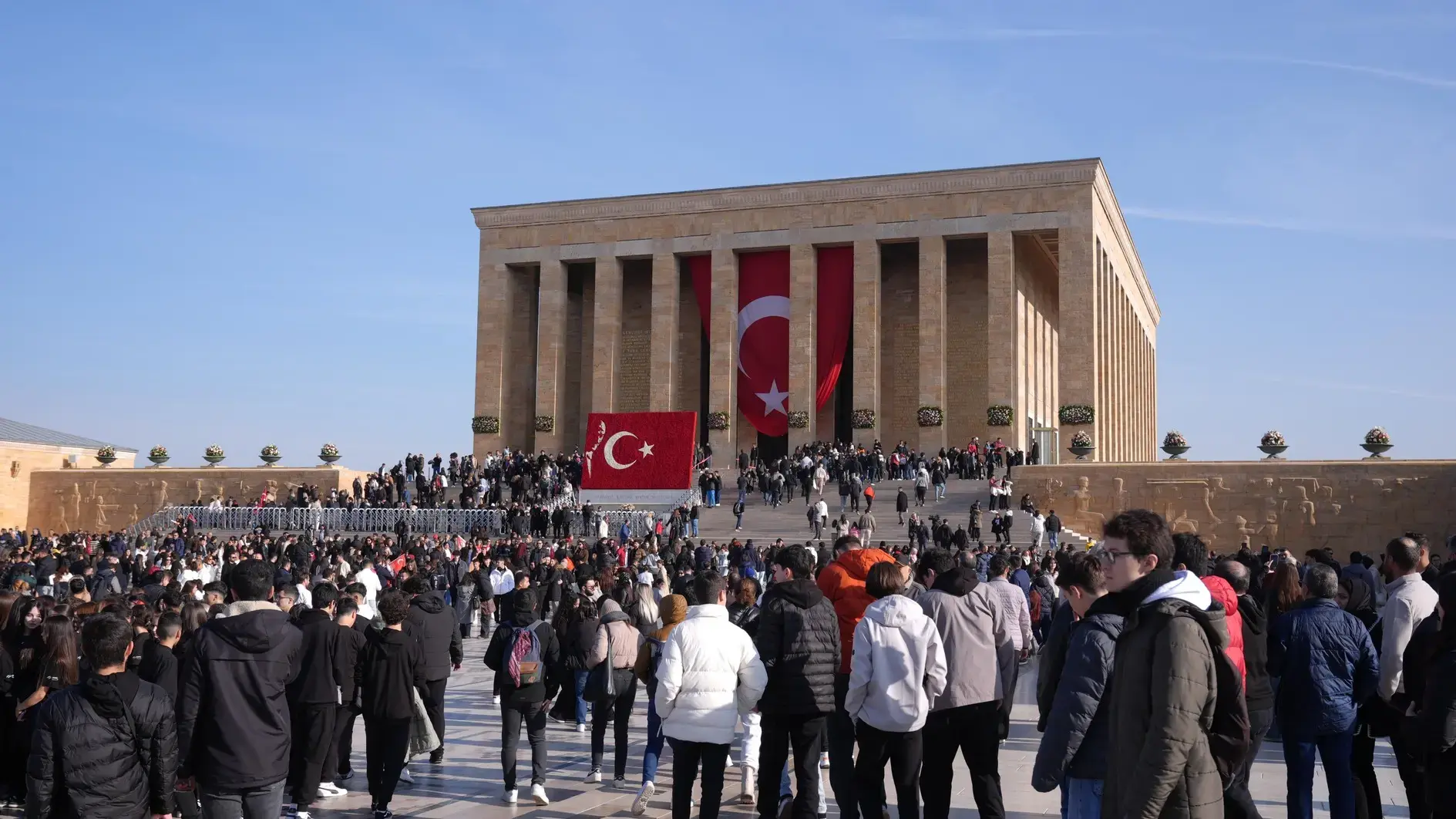
Legacy of Mustafa Kemal Atatürk
Mustafa Kemal Atatürk passed away on November 10, 1938, at the age of 57. He left behind a legacy of a reformed and modernized Türkiye. His mausoleum, Anıtkabir, in Ankara, is a place of homage for millions. Every November 10. Turkish citizens honor Atatürk with nationwide ceremonies. Remembering the leader who not only fought for their independence but also shaped their future. His vision for a secular, progressive, and united Türkiye continues to inspire generations, and his famous words. “Peace at home, peace in the world” – serve as a guiding principle for the nation’s domestic and foreign policies. Atatürk’s legacy is not only embedded in the institutions he helped build but also in the spirit of a nation determined to uphold his values of equality, education, and progress.

